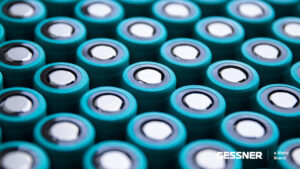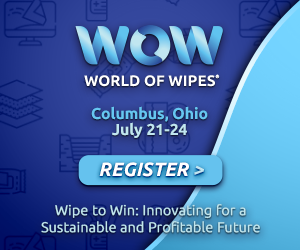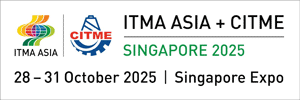GESSNER Craneglas™: The Innovative Material for Lithium Thionyl Chloride Batteries

Pittsfield, MA, USA – 11/15/2023 – GESSNER Craneglas
GESSNER Craneglas™: The Innovative Material for Lithium Thionyl Chloride Batteries
In the ever-evolving world of battery technology, one material has set itself apart — Craneglas™. Manufactured in Pittsfield, this unique product is a wet-laid nonwoven made with coarse glass. Unlike typical micro glass separators which have a smaller pore size, Craneglas™ has a larger pore size making it suitable for a specific kind of primary, non-rechargeable battery. Lithium thionyl chloride batteries (LiSOCl2) have a liquid cathode, unlike other lithium batteries that have solid materials as their cathode.
LiSOCl2 Batteries: High Discharge and Long Lasting
Due to their high energy density, high discharge rate and long-life lithium thionyl chloride batteries are typically used in applications where battery replacement can be costly, in military applications and in areas with extreme temperatures. These batteries can withstand a wide temperature range from -60 to 85 degrees Celsius, making them particularly useful in colder climates. Craneglas™ materials enable the exceptional performance characteristics of these batteries to be realized under extreme conditions.
Craneglas™ SD: Superior Fiber Dispersion
To further enhance the performance of batteries, we have developed the Craneglas™ SD material. This variant boasts superior fiber dispersion and very uniform density & thickness. These attributes are critical in the battery market, especially in the winding process where precise thickness is paramount.
The uniformity of the Craneglas™ SD material ensures that each layer of the battery is consistent, which in turn guarantees optimal performance. A battery with inconsistent layer thickness can lead to uneven power distribution and ultimately, reduced functionality. Therefore, the homogeneity of Craneglas™ SD makes it an ideal choice for battery manufacturers.
Our Craneglas™ materials stand as a testament to innovative engineering. They demonstrate how specialized materials can significantly enhance the performance of batteries, particularly those used in demanding environments. With the development of Craneglas™ SD, we have yet again raised the bar in battery technology, delivering a product that offers superior fiber dispersion and uniform thickness. This is a clear example of how focused material science can influence and improve technology, and we are excited to see where these advancements will lead us in the future.




